By Greg Abazorius
THE DISCREPANCY BETWEEN the number of women and men in the fields of science, technology, engineering, and mathematics (STEM) is no secret. On a national level, men outnumber women at universities offering such programs 80 to 20 percent. And the numbers are similar in industry: women make up half of the total U.S. college-educated workforce, but 29 percent of science and engineering workers.
Wentworth officials have been paying attention. Since becoming coeducational in 1972, the university has seen its ratio shift to 78/22 and officials look to close the gap further. And when you look at the number of students engaging with clubs and organizations at Wentworth, the number flips to 60/40 in favor of female students. Leadership at the institute, meanwhile, is closer to 50/50.
Why are women engaging more? What is it like for a woman to attend Wentworth? And, despite best efforts, what challenges still exist when a student or employee feels outnumbered?
We spoke with nine women who have been active at Wentworth and share, in their words, their experiences.
Carissa Durfee
Director of Center for Student Engagement
Wentworth women are drawn to fields that have traditionally been male dominated. Their lives have been spent going against societal expectations. When they get here, they thrive in a community that supports them.
This happens in two ways. One is by fully immersing in an area through a club. Perhaps math wasn’t a “cool” thing to be skilled in during high school. Here, they can find kinship in one of several math-based groups and can let that part of their identity shine. The other is through our women-focused groups. It can be challenging to be one of a handful of women in some of our academic programs. These groups encourage belonging and support.
Particularly when gender intersects with race, a student may be the only person of their identity represented in the classroom. This is why many students rely on identity-based student organizations for support and to not feel as isolated. These clubs contribute to a student’s retention and success.
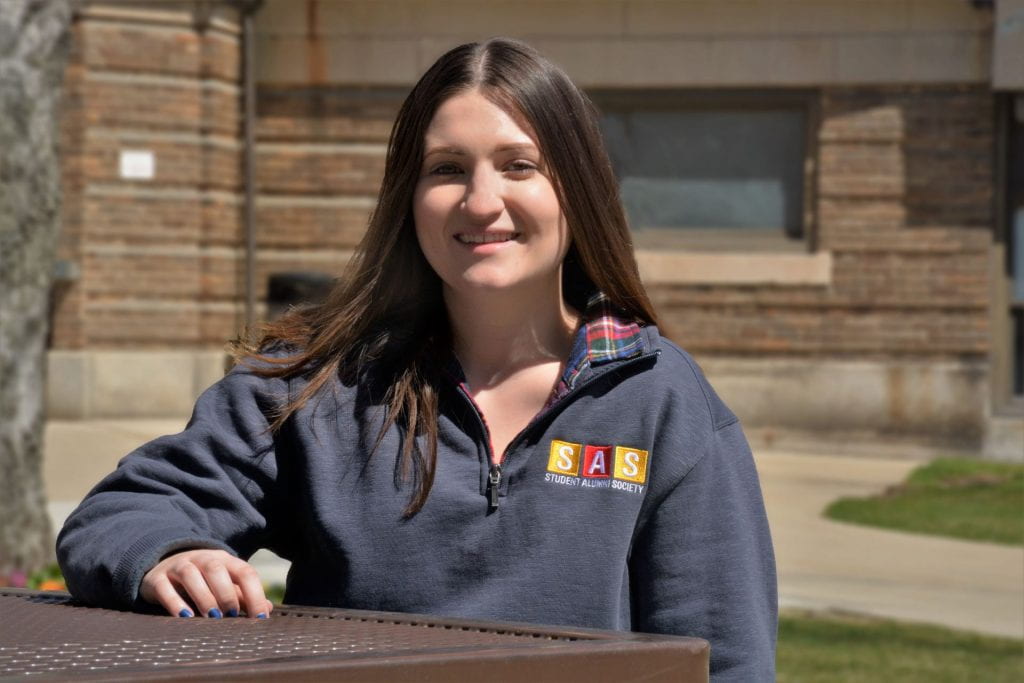
Deanna Kodek
Civil Engineering ’19
President, Student Alumni Society; VP, American Society of Civil Engineers; Orientation Coordinator; Civ. Eng. Honor Society; Wentworth Bowl Recipient; Future Employee at AECOM
I was a sophomore in high school, and I was really into the idea of building bridges. I entered a competition and tested different substances, wood, plastic, et cetera. I called it “Bridging the Gap”—I was really proud of the title! And I won the overall prize. Then I heard from someone, “It’s gonna be hard for you to be an engineer as a woman.”
There’s a phenomenon called “Imposter Syndrome” where people are told they can’t do something, and they believe it. I and other women I know have definitely had to deal with that.
I haven’t really had that experience at Wentworth. The leadership programs have been extremely helpful and allowed me to try new things. I never felt like I couldn’t talk in a meeting. I’ve been able to work my way up, work co-ops, and feel more confident. I can’t imagine other schools giving you that opportunity.
Casey Galante
Architecture ’12, Master of Architecture ’13
Wentworth Alumni Association; Orientation Leader and Coordinator; Senior RA; Admissions Ambassador; Marketing Specialist, Shepley Bulfinch
The male/female split is definitely there, but I think it’s more on your mind as a prospective student. I took architecture classes in high school and it was mostly men, and you apply to jobs after college that have that same split. This is a good way to prep for it.
I remember some of the boys in Baker [Hall] being mischievous, but my floor was a 50/50 split and we all got along. I think the balance of men and woman was helpful as a freshman when making friends. People settle in and become more accepting of each other.
Resources and staff are in place to help you succeed. I would tell other women to trust their instincts. There’s a reason you came here. Honestly, a lot of the women in my classes stood out because they worked harder and took it seriously. Make a home, make a spot, build your legacy.
Janine Murphy
Interior Design Technology ’95, Facilities Planning & Management ’97, Master of Science in Facilities Management ’17
Director of Project Administration, Wentworth Institute of Technology
In high school, girls didn’t take wood shop or go to vo-tech schools. We were in home economics learning how to cook or sew. If a girl wanted to play on boys’ sports teams it was something everyone talked about, but not in a supportive way.
When I came to Wentworth, everyone was on the same page, working on the same projects and in the same labs. Now, with my daughter in high school I don’t see the stereotypes that I saw when I was her age. The girls are in leadership roles and sports and are dominating. They all support and inspire each other and it is great to see them all building each other up. What is also great to see is that the male students are also supporting and cheering them on.
If I could go back and do one thing differently when I was a student here it would be to network more and connect with more females in the industry. I feel our female students know they are supported by the entire Wentworth community. We are recognized as a group that has a voice, ideas, talent, and can inspire others. We set an example for other women to follow.
Above (from left): Physical Plant employees Edie Waldsmith, Maintenance C Worker, current MSCM student; Janine Murphy, director of project administration, IDS ’95, FMC ’97, MSFM ’17; Nicole Papa, project manager, BINT ’08, MSFM ’16; Tina Neal, admin and financial analyst, ATN ’95, AE ’95; and Lula Drayton, administrative assistant and parent of a current Wentworth student
Durga Suresh-Menen
Associate Professor and Graduate Coordinator, Department of Computer Science and Networking, Wentworth Institute of Technology
2011 Woman of the Year
It is hard not to notice the male to female ratio; it is quite obvious.
I am also in the College of Engineering and Computer Science and we are a field that struggles to recruit more female students. I have had classes that have been all male and most times with one female student. But women who pick CS as their major are strong and intelligent and know their strengths and can handle themselves, so I’ve never seen any problems.
If you look at the history of the Wentworth Bowl, the most prestigious award, you will see that more women have held it than men. That says something about Wentworth and the place we create for women on campus. Annamaria [Wenner, dean of students and vice president of Student Affairs] and her team know what they are doing, and they do it well.
We need to highlight more women here. We are making the right moves, but we need women at Wentworth to be better supported, especially from faculty and staff. I am proud to be a woman at Wentworth. I have been a mentor, been mentored, and look forward to my third decade that I will start in August. We have come a long way. There is a special prestige to be had as a woman here.
Taylor Frothingham
Electrical Engineering ’20
President, Wentworth’s Women’s Council; Resident Assistant; Institute of Electrical and Electronics Engineers; Society of Women Engineers of the Year
I think the clubs allow you to make friends. I’ve made new friends and I’ve found new role models. I wouldn’t have met all these super empowering people if I didn’t join clubs on campus.
Fatima Hussein
Computer Information Systems ’19
President, Women’s Institute for Leadership Development; Student Speaker at 2019 Women@Wentworth Event; Resident Assistant; Wentworth Women’s Council; Orientation Leader
When you look at the leadership [at Wentworth], it’s split 50/50.
It just shows that women want to go into those leadership roles and want to be leaders.
Julie Penn
Mechanical Engineering ’19
President, Society of Women Engineers (SWE); Student Wellness Education and Empowerment; American Society of Mechanical Engineers
I was less confident and sure of my abilities before I joined SWE. Having a community of shared experiences helped foster that confidence.
Carlie Biron
Architecture ’11, Master of Architecture E ’12
Wentworth Alumni Association; Wentworth Events Board; Phi Sigma Pi; Green team; Soar in Four Leadership Program; Orientation Leader and Coordinator; Weekends@WIT; Project Manager, Columbia Construction
I lived out of the Campus Life office. I got involved every chance I could and it’s how I found my friends at Wentworth, who are still in my life today. It’s what I looked forward to.
In class, I would sometimes hear sexist remarks. I remember one guy saying, “Sit next to a girl; they take better notes.” But in general, there were no real problems. I was so busy with class and spending any waking moment in various clubs and groups. I surrounded myself with people I wanted to be around. It was easy to do that here.
I would have loved WILD (Women’s Institute for Leadership Development) and some of the women-focused groups! I see that Wentworth is trying to get women more engaged and set up more opportunities. And when I think of leadership at WIT, I think of people like Zorica [Pantic], former president] and Annamaria [Wenner]. Women can take on these roles and kick ass at them. It’s very inspiring.
We’d love the split to be different, but the reality is you’ll never be in an all-female industry. You want male advocates and you’ll meet them at WIT.

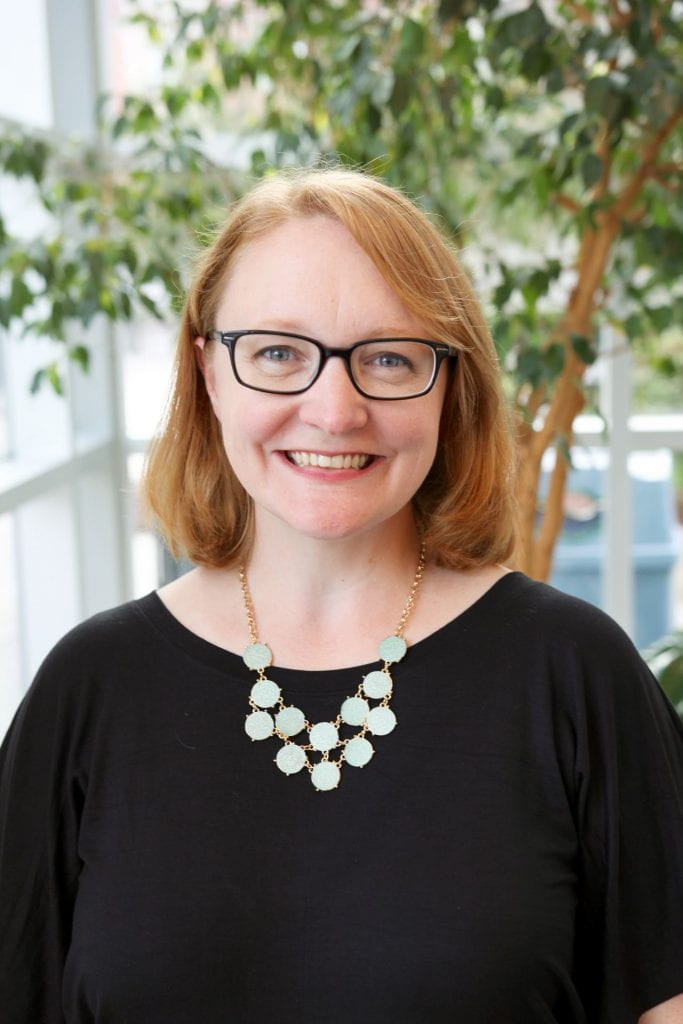
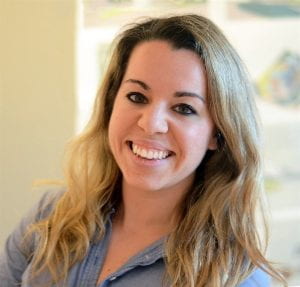
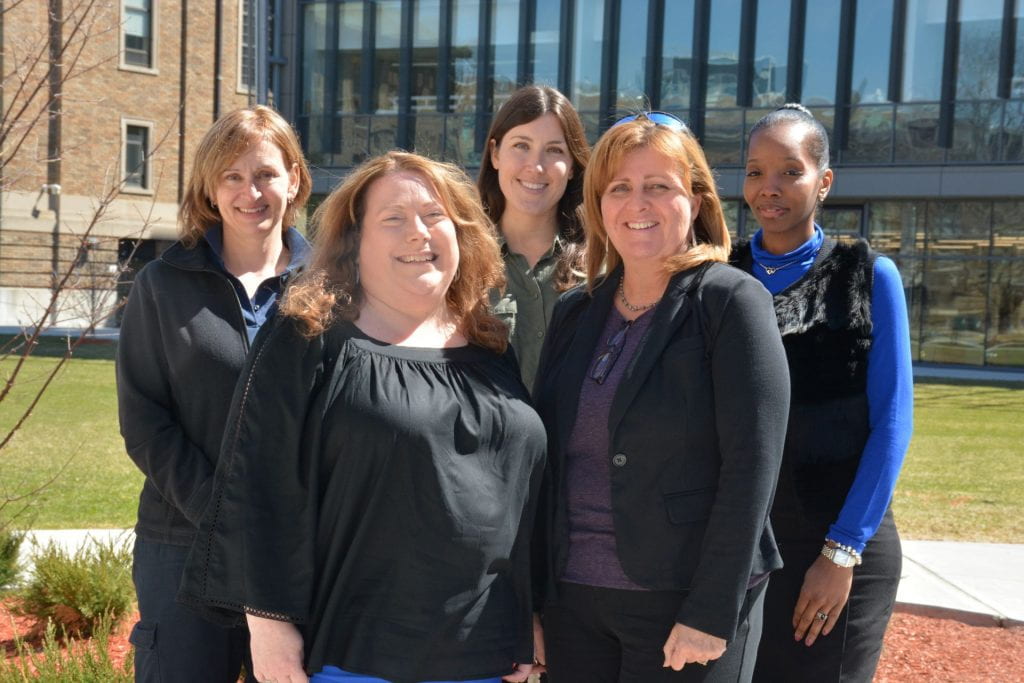

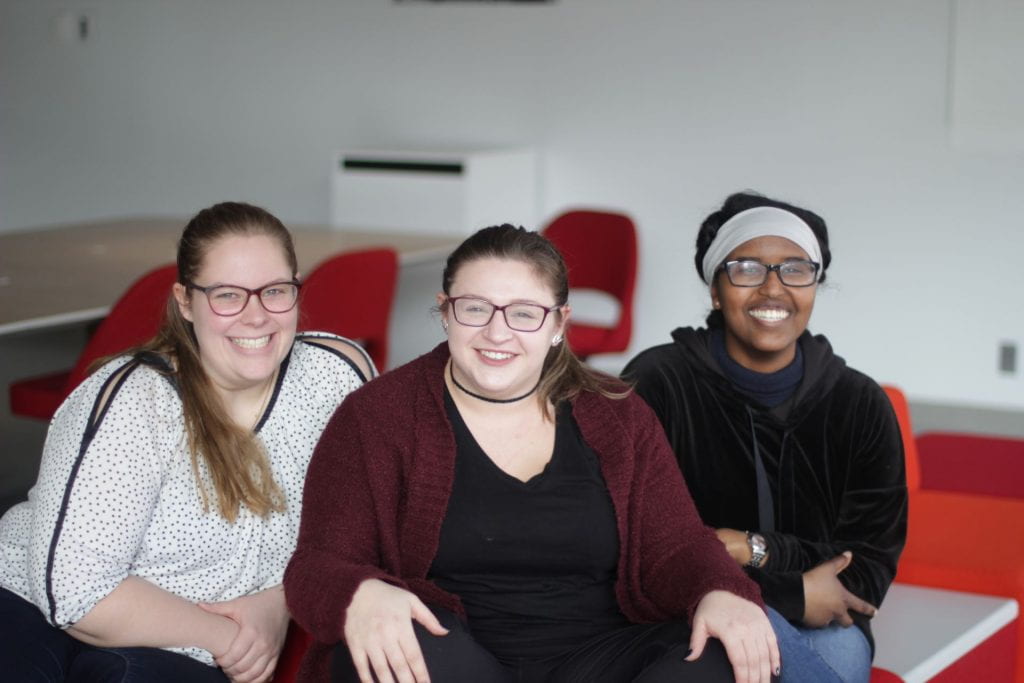


1 Comment
Very inspiring stories and words. So nice to hear so many varied voices.